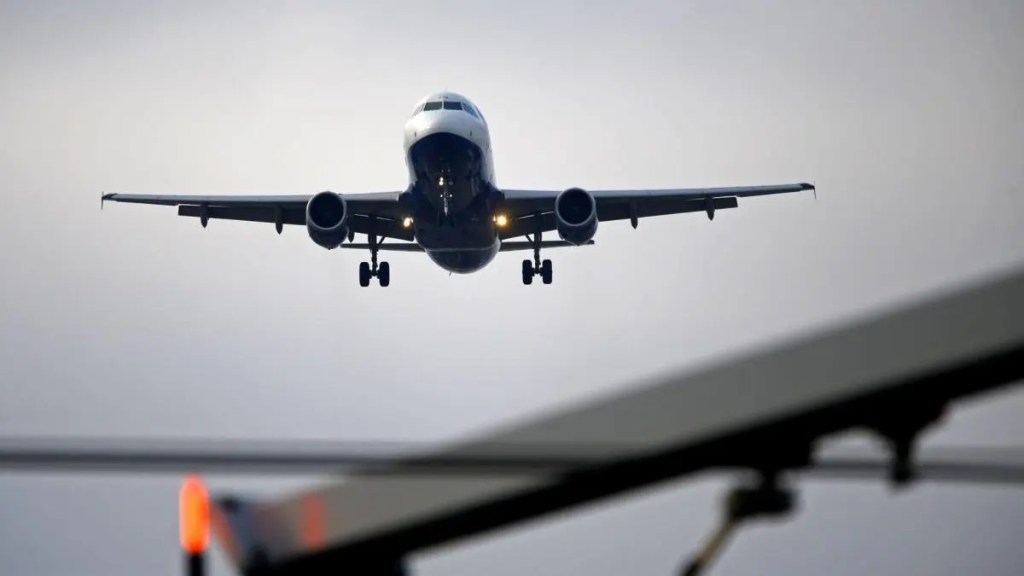The Lok Sabha passed the Bhartiya Vayuyan Vidheyak Bill 2024 on Friday to replace the 90-year-old Aircraft Act, aiming to facilitate business transactions in the aviation industry. The Aircraft Act, 1934, has undergone 21 amendments. The Bhartiya Vayuyan Vidheyak Bill 2024 aims to replace it and eliminate redundancies at a time when India’s civil aviation business is among the fastest-growing globally.
By resolving current inconsistencies between different aviation regulations, the Bill aims to guarantee a logical regulatory framework with clearly defined chapters and clauses. The ministry also hopes to facilitate travel by having a strong regulatory framework, attracting foreign direct investment and guaranteeing adherence to international agreements and industry best practices which would be achieved through the proposed legislation.
The Civil Aviation Minister Kinjarapu Rammohan Naidu, who moved the bill for passage stressed the government’s resolve to deal with airfare-related difficulties. He declared that he will set up an effective online grievance redressal system to handle passenger complaints and guarantee prompt resolutions.
By keeping airlines financially viable while prohibiting exploitation through exorbitant tickets, this system seeks to strike a balance between the interests of passengers and airlines.
The Bill introduces regulations for aircraft design and manufacture, thus supporting the Aatmanirbhar Bharat initiative.
According to Naidu, this seeks to develop technological advancements and domestic production capacities while fostering self-reliance within the aviation industry. He further emphasised the Bill’s contribution to the expansion of the helicopter sector, pointing out that India presently has about 250 helicopters in service.
It is anticipated that the new rules will improve homegrown design and manufacturing capacities. In response to criticisms regarding the Bill, Naidu made it clear that the bulk of the text is in English and that Hindi is utilised in only a minor amount of it. Rejecting accusations of linguistic imposition, he emphasised the legislation’s inclusiveness and the government’s tolerance for all Indian languages.
Naidu covered the accomplishments and prospects of the Regional Connectivity Scheme (RCS), which has introduced more than 500 connections throughout India, during the debate. To sustain the scheme’s pace and enhance regional connections, he acknowledged problems such as airlines pulling out of specific routes after three years and suggested that the government may re-bid these routes.
The minister emphasised the significance of airport infrastructure for the development of the state and the urgency with which infrastructure-related issues must be resolved. He talked about the joint efforts of the federal and state governments to acquire land and develop it, and he cautioned against ignoring these matters as they could result in serious complications down the road.
Notedly, the Bhartiya Vayuyan Vidheyak Bill 2024 was approved by voice vote.
(with inputs from PTI)


